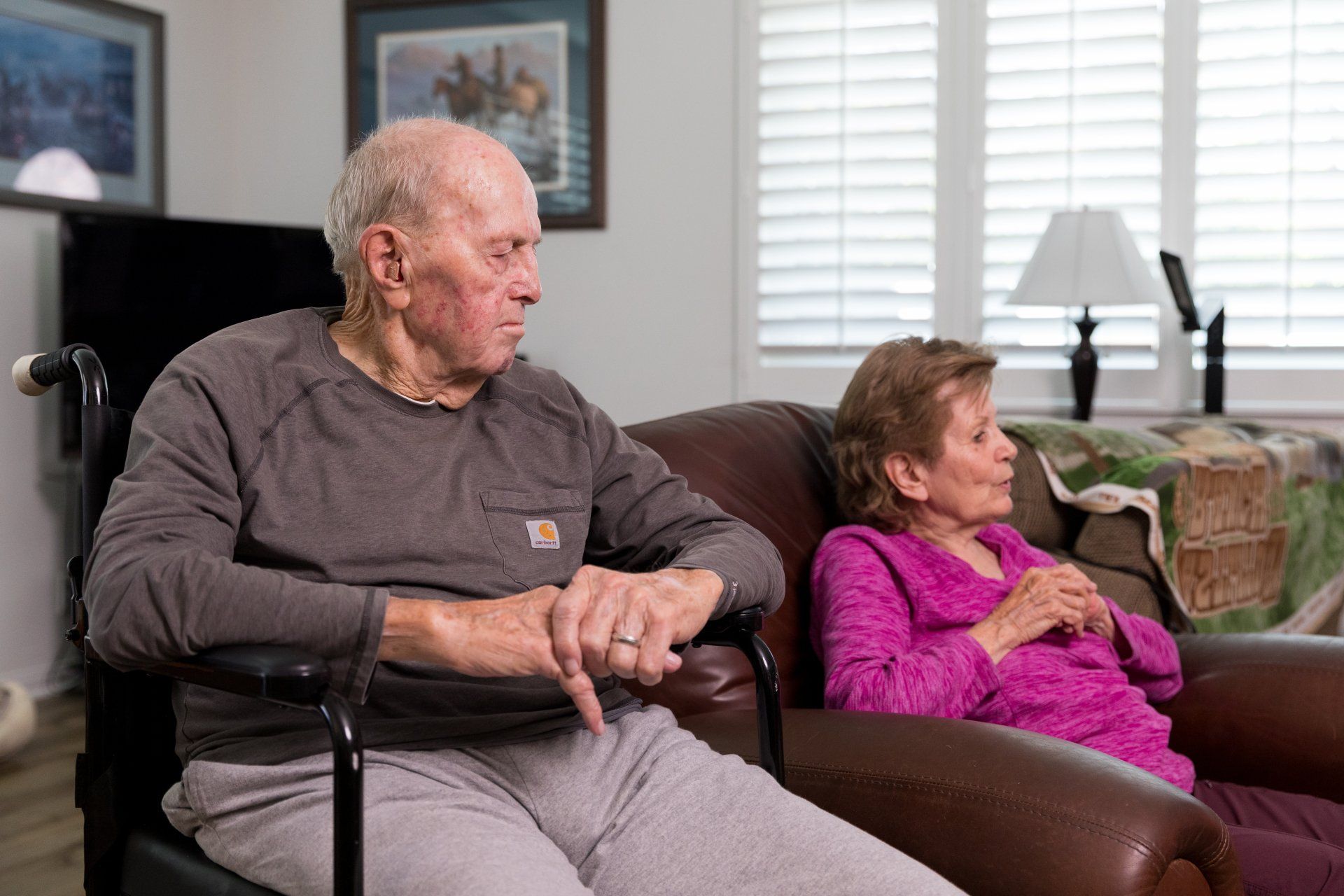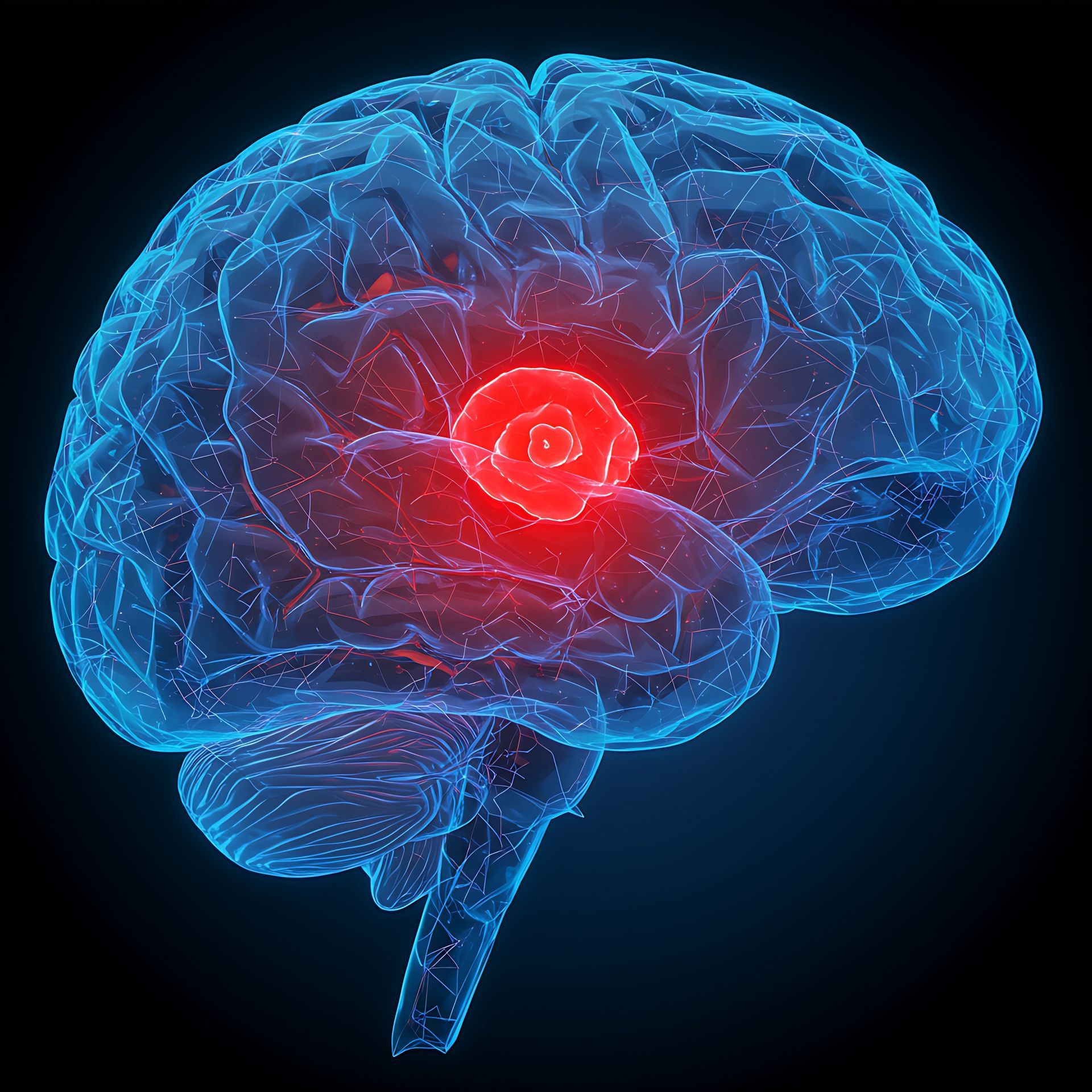Our Blog

When a loved one is diagnosed with dementia, one of the most important decisions a family faces is choosing the right type of care. Two of the most common options are in-home dementia care and facility-based care, such as assisted living or memory care centers. While both can provide valuable support, in-home care offers distinct advantages in comfort, familiarity, flexibility, and cost-effectiveness. Understanding the differences between these options can help you make the best decision for your family. 1. Comfort and Familiarity In-Home Care: One of the most significant advantages of in-home dementia care is that your loved one remains in a familiar environment. Being surrounded by their own furniture, photos, and routines provides comfort and stability that can reduce confusion and anxiety. Familiarity is essential for people with dementia, as new or unfamiliar surroundings can be overwhelming and disorienting. Facility Care: Residents must adapt to new surroundings, schedules, and caregivers in a care facility. Even in specialized memory care units, the environment is shared and may feel impersonal to some. While many facilities offer structured care, the transition can be difficult for someone with memory loss. 2. One-on-One Attention and Continuity of Care In-Home Care: In-home caregivers provide personalized, one-on-one attention. Care plans are tailored to the individual's needs, preferences, and routines. Families can expect more consistency, often with the same caregiver providing support regularly. This continuity helps build trust and reduces stress for the individual and their family. Facility Care: In facilities, staff members rotate between multiple residents. While care is available around the clock, it is often divided among many individuals. This can lead to less personal attention and less consistent caregiver relationships, which can be challenging for those with dementia who thrive on routine and familiarity. 3. Flexibility and Family Involvement In-Home Care: Families have more control over the schedule, type of care, and level of involvement with in-home care. You can adjust hours, responsibilities, and even integrate care with other healthcare providers or hospice services. Loved ones can remain a part of daily life and participate more fully in the care process. Facility Care: Facilities operate on set routines and regulations. The administration typically manages visiting hours, care plans, and staff access. This can limit how and when families can participate in care decisions or visit loved ones. 4. Cost Comparison In-Home Care: In-home care costs can vary depending on the number of hours needed, but they are often more affordable than full-time residential care, especially in the early and middle stages of dementia. Families can start with part-time care and increase support as needs grow, making it a flexible and cost-effective option. Facility Care: Residential care facilities typically charge a flat monthly rate that covers room, board, and basic services. Costs can rise significantly based on the level of care required, and some facilities charge additional fees for medication management, personal care, or special accommodations. For many families, these expenses can exceed the cost of in-home care. 5. Emotional and Mental Well-Being In-Home Care: Remaining at home often contributes to better emotional health. Familiar surroundings can reduce feelings of fear, confusion, and loneliness. The ability to continue with long-standing habits—watching a favorite show, tending to a garden, or eating home-cooked meals—can improve quality of life and help slow cognitive decline. Facility Care: While many facilities offer enriching activities, some individuals may struggle to adjust to group settings and shared routines. The change in environment and loss of independence can sometimes negatively impact emotional well-being. Which Option Is Right for Your Loved One? Every family’s situation is unique. In-home dementia care is often preferred for those seeking comfort, flexibility, and personalized support. It allows your loved one to age in place while receiving high-quality care tailored to their needs. Facility care may be more suitable for individuals requiring intensive medical attention or no longer safe in a home environment. Assistance In Home Care offers compassionate, customized dementia care that evolves with your loved one’s needs. Our experienced caregivers are trained to provide support at every stage of dementia, all in the comfort of home. Ready to explore in-home care options? Call us today at (844) 490-9755 or schedule a free consultation to learn how we can help your loved one stay safe and supported at home.

Dementia is a progressive condition that affects memory, thinking, and behavior. It impacts not only the individual but also their family and support system. While each person's journey is unique, dementia typically follows a pattern of progression—from mild memory lapses to significant cognitive and physical decline. Recognizing the signs at each stage and understanding how care needs evolve can help families plan effectively for their loved ones. In-home care plays a vital role in maintaining comfort, safety, and dignity through every phase. Early Stage: Mild Cognitive Changes What to Expect: Occasional forgetfulness (e.g., names, appointments) Difficulty finding words or concentrating Trouble with planning or organizing Mood changes, including anxiety or irritability How In-Home Care Can Help: In the early stage, most individuals are still independent and aware of their diagnosis. However, they may benefit from structured support: Help with scheduling and reminders (e.g, medications, appointments) Light housekeeping and meal preparation Companionship to reduce isolation and depression Transportation for errands and social visits Guidance with setting up routines and safety measures at home Establishing a caregiver early can also build familiarity and trust, making the transition into deeper care smoother later on. Middle Stage: Increasing Confusion and Dependency What to Expect: Noticeable memory loss and confusion, especially with recent events Difficulty recognizing familiar people or places Repetitive speech or questions Struggles with dressing, bathing, or cooking Wandering or becoming lost Behavioral changes like agitation, suspicion, or aggression How In-Home Care Can Help: At this stage, supervision and hands-on support become essential. A trained in-home caregiver can provide: Daily assistance with personal care and hygiene Structured routines to reduce confusion and stress Redirection and reassurance during moments of agitation Fall prevention and home safety modifications Help with meals and monitoring nutrition Respite care to give family members a needed break Middle-stage dementia is often when families begin to feel overwhelmed. In-home care can ease the burden while preserving the individual's sense of home and a sense of belonging. Late Stage: Full Dependence and Decline What to Expect: Significant memory loss and limited communication Loss of mobility and incontinence Trouble swallowing and increased risk of infection Full dependence on others for all activities of daily living Increased need for comfort and palliative care How In-Home Care Can Help: In the final stage, comfort and quality of life are the highest priorities. In-home caregivers provide: Complete personal care, including bathing, feeding, and toileting Bedside assistance to prevent bedsores and maintain mobility Gentle companionship and sensory stimulation (music, touch) Pain management and coordination with hospice or medical teams Emotional support for family members during end-of-life care Even in the late stage, home can offer a peaceful, familiar setting that promotes dignity and calm. Adapting Care as Needs Evolve Dementia care is not one-size-fits-all. Needs change over time, and care plans should be regularly evaluated and adjusted. With the help of a dedicated in-home care team, families can navigate each stage with greater confidence and compassion. At Assistance In Home Care , we specialize in dementia care that evolves with your loved one. Our caregivers are trained to meet the unique challenges of each stage and are committed to providing respectful, personalized support throughout the entire process.

Last weekend, Assistance in Home Care had the honor of participating in Super Senior Saturday, a vital resource fair for seniors. This event is a beacon of support, providing seniors with a wide range of information on topics like insurance, home care, living trusts, durable medical equipment, and veteran benefits. In this blog post, we'll share our experience and the impact we had on over 100 attendees.







